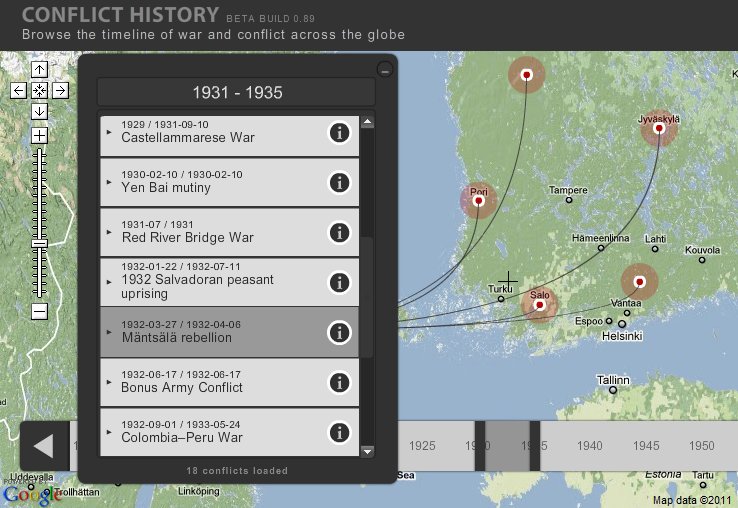Wikipedia is a great resource, that has justifiably relegated printed encyclopedias to the dustiest, most distant part of the bookshelves. It does, however, have a few minor drawbacks … as Michael Moynihan explains:
It came to me in Prague. Or possibly Copenhagen. But to minimize confusion, let’s agree upon Prague. I assume I was being unbearably pretentious, sitting beneath one of those baroque sculptures on Charles Bridge (or was it one of those other, less beautiful bridges spanning the Vltava River?), a tattered Tom Stoppard play stuffed in my back pocket (or possibly Kafka?), the Plastic People of the Universe on my headphones (could have been Dvořák). It was here, leafing through back issues of the Prague Post and Prognosis, that I was inspired to print 10,000 copies of a muckraking, nakedly ideological newspaper of my own. To be launched in Sweden. To be called the Spectator.
I must confess that these images of Prague — in all of its inspirational grandeur — are cribbed either from Milan Kundera’s The Unbearable Lightness of Being or INXS’s video for “Never Tear Us Apart.” Because despite what my Wikipedia entry tells me, I’ve never been to the Czech Republic.
[. . .]
It’s possible to quibble with or contest every second sentence in my encyclopedia entry, which quickly cratered my confidence in the website. But there are plenty of studies suggesting that Wikipedia is, despite its ability to be edited by anyone with excess free time and an Internet connection, about as accurate as the Encyclopedia Britannica. It also has the benefit of being up to the minute: when news breaks, when a public figure dies, details are added to Wikipedia almost immediately. A fact check of important subjects with multiple editors — Darwinism, Squeaky Fromme, the Boxer Rebellion — suggests that the website is broadly trustworthy, terrific at aggregating links, and a worthy springboard to better material.
But what of those entries covering the hopelessly insignificant, like me? I won’t bore you by cataloguing all the mistakes in my entry (I found about a dozen), but the results weren’t terribly impressive. I’m unsure how long it remained on the page, but according to Wikipedia’s edit log, my biography once claimed that I had a “vagina” and — pardon the language — “love the cock.” The only people who can refute the first point are, I hope, biased in my favor and wouldn’t be trusted by Wikipedia as “reliable sources.” The second point, also difficult to disprove, seems irrelevant to the job of polemicist.




